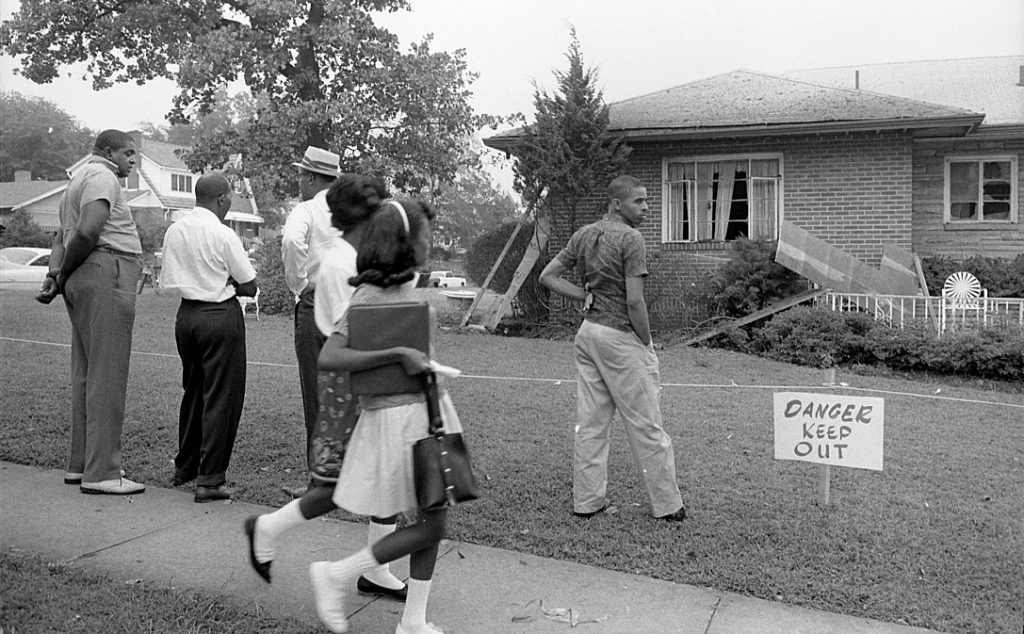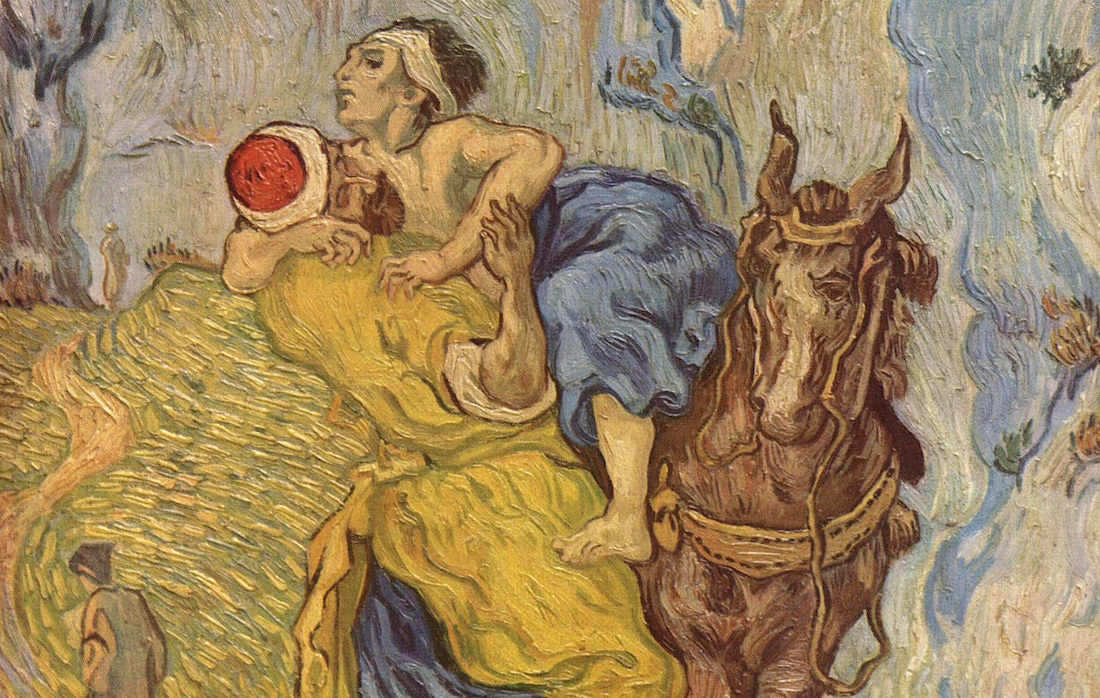10 Commandments for These Divided Times
A few years ago, researchers did a fascinating experiment. Wanting to know when people would step in to help a stranger, they asked participants to watch a woman named Elaine experience a series of mild electric shocks. The observers were told a little about Elaine beforehand, including her personal values and interests.
The experiment began. But in a pre-arranged dramatic twist, Elaine started exaggerating her response to the shocks, prompting an assistant to walk in and suggest one of the observers take her place. Who would do it? It turned out those who shared Elaine’s values and interests were four-times more likely to step in than those who didn’t.
We are more prone to help those who look, think and believe like us. That’s hardly news. But it’s certainly a problem in times of social and political division like these, leaving us equally prone to divinising our tribe, demonising our opponents, and escalating divisions that can lead all the way to violence. Two stories can help us take stock.
Stepping in
Of all the stories Jesus told, the Good Samaritan is probably his most famous, inspiring artists from van Gogh to Billy Bragg and prompting the creation of innumerable hospitals and charities. A man is beaten up and left for dead. A priest walks past and does nothing. So does a lawyer. Then a Samaritan comes by. In that day he’s despised because of his race and beliefs, but he carries the beaten man to hospital and pays for his recovery. The story is shocking because it goes against the tendency revealed in that experiment. A person steps in who is least like the person he helps.
True Good Samaritan acts are equally shocking when they happen today. I think of the moment black protestors in Louisville, Kentucky linked arms to protect a police officer from an angry BLM crowd. I think too of Patrick Hutchinson, a black British protestor who stepped in to carry a white counter-protestor to safety. Given our propensity to only help people like ourselves, I can imagine Jesus pointing to both and saying, “That’s what I mean.”
Such acts go beyond the experiment with Elaine, with not just a stranger helped out but an opponent. The question now is how we can bring the same spirit into our own social and political divisions. Which leads to the second story.
The Birmingham Pledge Card

In the early 1960’s Birmingham, Alabama was considered one of the most racially divided cities in the United States, with schools, toilets, stores, buses, drinking fountains and more segregated, and the nickname ‘Bombingham’ gained for its regular racially-motivated bombings. In 1963 pastor and civil rights leader Fred Shuttlesworth invited Martin Luther King Jnr’s Southern Christian Leadership Conference to stage the Birmingham Campaign, a series of nonviolent protests to further the civil rights cause.
With tensions high, organisers looked for a way to instil nonviolent principles into their members. They came up with ten commandments and printed them on a pledge card which all campaign participants had to sign. Here’s what it said:
I hereby pledge myself, my person and body, to the nonviolent movement. Therefore I will keep the following ten commandments:
- MEDITATE daily on the teachings and life of Jesus
- REMEMBER always that the nonviolent movement in Birmingham seeks justice and reconciliation – not victory
- WALK and TALK in the manner of love, for God is love
- PRAY daily to be used by God in order that all men might be free
- SACRIFICE personal wishes in order that all men might be free
- OBSERVE with both friend and foe the ordinary rules of courtesy
- SEEK to perform regular service for others and for the world
- REFRAIN from the violence of fist, tongue, or heart
- STRIVE to be in good spiritual and bodily health
- FOLLOW the directions of the movement and the captain on a demonstration
I sign this pledge, having seriously considered what I do and with the determination and will to perservere.
Name _____________________________
No revenge or domination (commandments 2, 5 and 8). No demonising of opponents (3, 4 and 6). While not without conflict or controversy, the Birmingham Campaign marked an historic turn in the civil rights cause. I ask myself if such a pledge could have been written without Jesus’ tale of the Samaritan, who went against the norms of his time to treat his opponent well.
Black, white. Liberal, conservative. In a time of raised voices and clenched fists, maybe the real measure of our humanity is whether we can step in to help those who don’t look, think or believe like us. These commandments could help us do just that.
This is an expanded version of a segment first broadcast on BBC Radio 2’s Zoe Ball Breakfast Show
Want More?

Get 70 stories on joy, compassion, wonder, callings, change and more in Reflect with Sheridan, my new gift book.






Kathe Wiens
Thank you Sheridan, I really enjoyed the reading, the message is so appropriate for current events and uproar we are seeing. At times I have felt; where is Martin Luther King, who lived so practical by Jesus’s teachings! Which is what we all need to practice and do all the time. I was happy that our Church participated in several Sponsorships of Syrian Refugees, who are Muslims, and I was able to help them out with medical care as a retired Nurse. It gave me joy and a chance to form a relationship. So, Thank you!
Sheridan Voysey
Well, you’re walking in MLK’s way with that work, Kathe. Thanks for leading by example and practical help.